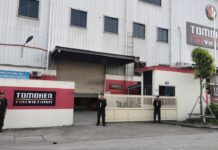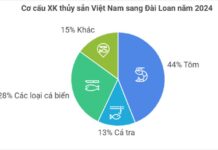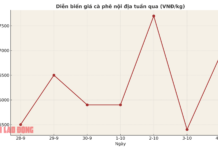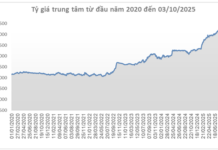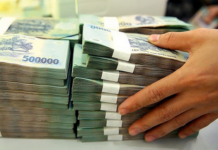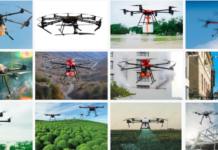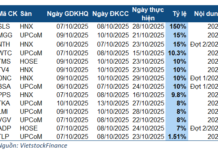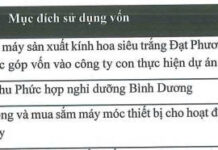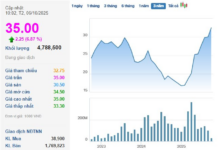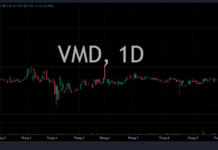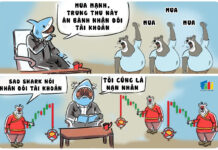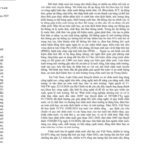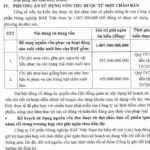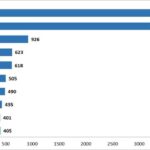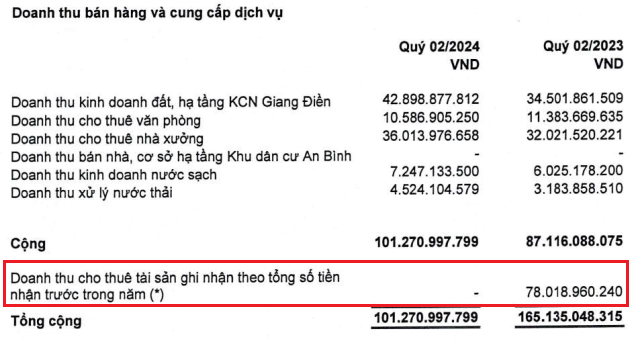On July 31st, the Ministry of Agriculture and Environment sought the Prime Minister’s approval to pilot a multi-story pig farming model in Vietnam.
Two companies, BAF Vietnam JSC and Xuan Thien Thanh Hoa JSC, have proposed their plans for multi-story pig farms to the Ministry. If approved, these would be the first “pig apartment complexes” in the country.
BAF Vietnam – Top 5 Pork Market Share Holder
In their proposal, BAF Vietnam envisions constructing a 6-story intelligent pig farming complex in Tay Ninh province. The project is estimated to cost over VND 12,000 billion and aims to house 64,000 breeding sows, producing 1.6 million commercial pigs annually.
With a maximum capacity, BAF Vietnam expects to earn between VND 12,000 and 13,000 billion annually, with a payback period of around 5 years.
Previously, BAF Vietnam strategically partnered with the world’s largest pig farming company, China’s Muyuan Group, known for its pig apartment complex model. BAF has also been actively acquiring other farming companies to expand its scale. Its recent acquisition of a 50% stake in Khoi Duong Livestock Company, which owns a 33-hectare pig farm in Dak Nong, is its 7th M&A deal in 2025 and 15th since November 2024.
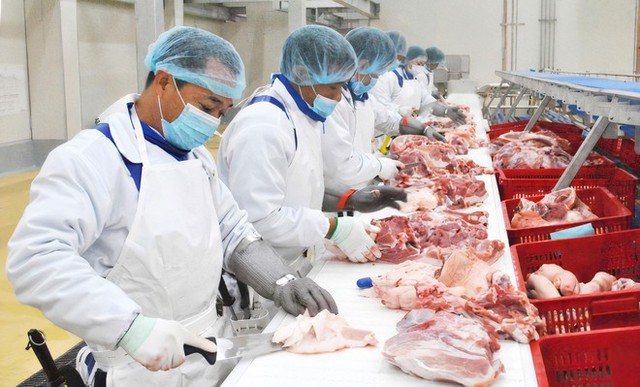
In 2024, BAF Vietnam reported a surge in profits, with a revenue of VND 5,640 billion and a net profit of nearly VND 320 billion, attributed to their focus on livestock farming, which offers higher profit margins than their agricultural business.
According to their consolidated financial report for the second quarter of 2025, BAF Vietnam sold approximately 330,000 pigs in the first half of the year, generating over VND 2,500 billion in revenue solely from livestock farming. Their net profit reached VND 327 billion, doubling the figure from the previous year.
This growth, according to BAF Vietnam, is a result of their focus on expanding their pig herd. In the first half of 2025, the company operated 7 high-tech farms and began construction on a 300,000-ton-per-year animal feed plant in Binh Dinh.
Currently, BAF Vietnam manages 43 high-tech farms with a total herd of over 800,000 pigs, double the number from 2024, and 2 animal feed plants with a combined capacity of 460,000 tons per year.
In partnership with the Muyuan Group, BAF Vietnam plans to operate a minimum of 8 high-tech farms, with a capacity of approximately 17,500 breeding sows and 156,000 commercial pigs, by the end of this year.
BAF Vietnam distributes its pork through wholesale channels, its chain of 60 Siba Food stores and over 300 Meat Shops nationwide. Their products are also available in major supermarket chains such as Big C, Go!, and Tops Market Vietnam, and AEON MaxValu…
According to Tien Phong Securities, BAF Vietnam is among the top 5 pork market share holders and top 3 breeding sow market share holders in Vietnam. The company aims to be among the top 3 largest livestock companies in Vietnam by 2030.
Xuan Thien Thanh Hoa – Newcomer in Agriculture
Xuan Thien Thanh Hoa JSC is a subsidiary of the Xuan Thien Group, owned by billionaire Nguyen Van Thien, who has over 20 hydropower, solar power, and wind power projects across Vietnam.
Xuan Thien Thanh Hoa has initiated the Xuan Thien Thanh Hoa High-tech Agriculture and Livestock Production Complex project in Minh Tien commune, Ngoc Lac district, Thanh Hoa province, with a total investment of VND 3,000 billion and a land area of 112 hectares.
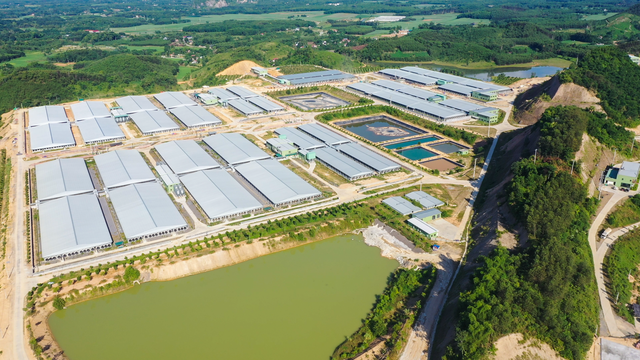
The pig farm in this complex is already operational in its first phase, currently housing 50,248 pigs. The animal feed plant began trial operations in March last year and is finalizing procedures for commercial operations. The biogas plant is also complete and in the process of installing equipment.
Additionally, the group is working on other projects, including Xuan Thien Thanh Hoa 2 and 3, which are in the process of land lease procedures, and Xuan Thien Thanh Hoa 5 and 6, which are in the process of land clearance.
The Xuan Thien Group aims to rapidly replicate this high-tech farming and processing model to ensure sufficient production of high-quality food products for both domestic consumption and export.
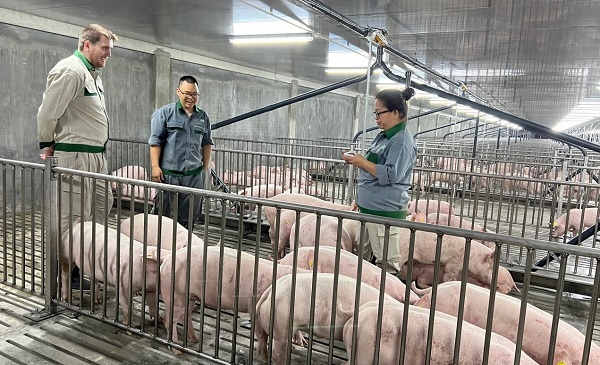
According to their website, the total investment in Xuan Thien Group’s high-tech agriculture projects amounts to VND 50,000 billion (USD 2 billion). The group has set ambitious goals, including a juice factory with a capacity of 1 million tons of fruit per year, 1 million tons of animal feed per year, and an annual livestock production of 3 million pigs. These projects aim to create jobs and income for 30,000 laborers.
Xuan Thien Group’s agricultural ecosystem operates under the principle of adopting the world’s most advanced technology. Through collaborations with leading Israeli and Danish companies in agriculture and livestock farming, their high-tech agriculture and livestock projects will become centers of excellence for seeds and livestock breeds.
The Urban Pig Sty: A Proposal for Multi-Story Indoor Pig Farming
The Ministry of Agriculture and Environment has proposed a pilot project to the Prime Minister, suggesting a new model for pig farming in Vietnam: multi-story pig farms. This innovative approach aims to revolutionize the country’s agricultural landscape, offering a sustainable and modern solution to the industry’s challenges. With this proposal, the ministry envisions a future where pig farming thrives, embracing modernization while ensuring the industry’s longevity.
Presenting an Enticing Offer: BAF Proposes the Sale of 65 Million Shares at VND 15,500 Each
The amount of 1,007.5 billion VND raised will be used to purchase feed, additives, and materials for pig farms, totaling 557.5 billion VND, and to invest 450 billion VND in the purchase of piglets, weaned pigs, and breeding pigs. The disbursement is planned for the period between the fourth quarter of 2024 and the fourth quarter of 2025.
“Sustainable Swine Farming: Transforming the Industry with Large-Scale, Eco-Friendly Practices.”
The smallholder pig farming sector is undergoing a transformation, with production from backyard farms declining to 35-40% while professional farms and larger operations now account for 60-65% of the market share. However, the small and medium-sized farming sector, including household farms and medium-sized farms, still lags in terms of professionalism, and production costs remain high.

